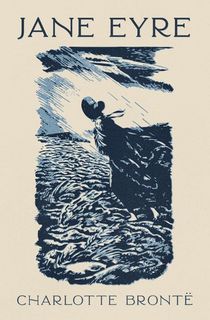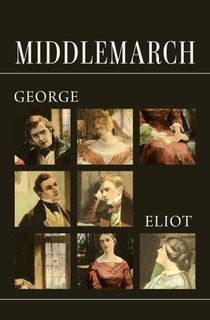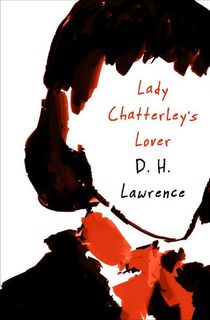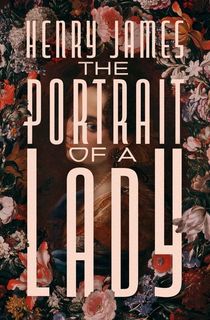Throughout the day’s busiest moments, it seems like so many other things take priority over reading. We get it—from running around with the kids to checking off everything on your to-do list, life never seems to slow down.
Hopefully, you’ll find a bit more time within these glorious summer days. Long afternoons can be the perfect opportunity to read that classic novel you missed out on when you were too busy living your life. Here are seven classic summer reads that are well worth your precious free time.

Jane Eyre
Charlotte Brontë’s classic novel is considered by many to be one of the finest novels in English Literature—for good reason. Jane is able to escape her bleak fate as the unwanted ward of her Aunt Reed and goes to work as a governess at the chilly Thornfield Hall, where she meets her employer, the mysterious Mr. Rochester. But where most novels might rely on a rags to riches romance, Jane’s story is more complicated, and it is her self-assurance and independence that ultimately leads her to triumph over her dismal beginnings.

Middlemarch
Eliot’s heroine, Dorothea, believes that when she marries a man she respects, she’s doing the right thing. She hopes, perhaps naively so, that her choice of husband will lead her down a path of intellectual partnership and mutual respect. Unfortunately, she’s wrong.
Though Dorothea’s story would certainly be enough for a full novel, Eliot doesn’t stop there. She relays the trials and tribulations of Dorothea’s sister Celia, and her neighbors in Middlemarch, some who are lucky—and some even worse off than Dorothea—in love and life, making the novel an argument about the importance of knowing oneself when it comes to choosing a mate.

To the Lighthouse
If you’ve read Mrs. Dalloway but never had the time for more Woolf, pick up To the Lighthouse next. This gorgeous book centers on the Ramsay family on their summer retreat on the Isle of Skye. As time passes, and the family is torn apart, Woolf’s beautiful stream of consciousness writing allows for the Ramsay children, now adults, to remember their summers at the house, and the person on which everything hinged—their mother.

Lady Chatterley's Lover
If you’d like to read a classic work of English Literature and spice up your summer reading at the same time, then Lady Chatterley’s Lover, D.H. Lawrence’s infamous novel that was banned in the UK (and the US) for its unapologetic sexual content, is the one for you.
Constance, our Lady Chatterley, is living a rather depressing existence. Her husband Clifford is paralyzed from the waist down as a result of an injury he sustained in WWI. His physical limitations are compounded by his emotional neglect of his wife, and soon Constance finds herself embarking on an intense affair with her groundskeeper Oliver Mellors. Lawrence’s themes on female sexuality and class tensions make Lady Chatterley’s Lover both an exciting and thought-provoking read.

The Portrait of a Lady
Published in 1881, Henry James’s The Portrait of a Lady is considered by many critics to be his best work. It tells the story of a young American woman, Isabel Archer, who finds herself the toast of London when she travels to Europe for her grand tour. After rejecting two marriage proposals, she meets another American, Gilbert Osmond, in Florence, and marries him.
But Isabel’s greatest virtues, her confidence and impulsiveness, are also her downfall. James’ unconventional ending and controversial portrait of a complex young woman helps to make The Portrait of a Lady read as if it could have been written yesterday.

Anna Karenina
It takes time and the patience to make it through Leo Tolstoy’s epic masterpiece Anna Karenina, first published (in installments) from 1875 to 1877. Anna’s world is turned upside down when she meets Count Vronksky, whose interest releases her from a dull, loveless marriage.
Perhaps as means of comparison, Tolstoy tells the parallel story of Lenin and Kitty, delving deep into the class struggles, economy, and social and political norms of Russian society … hence the need for time and patience. But if you are serious about reading Anna Karenina, it can be a life-changing book, teaching you something different with each subsequent read.

Tender Is the Night
This summer, try Fitzgerald’s lesser-read 1934 novel, Tender is the Night, on for size. This semi-autobiographical novel gets into the nitty-gritty of Fitzgerald’s tumultuous relationship with his wife, Zelda.
Dick and Nicole are a young couple vacationing in the South of France. Though from the outside they might seem like the perfect couple, the truth is their marriage is crumbling. Beautifully written and horribly sad, Tender is the Night was Fitzgerald’s fourth and final book. After years of alcohol abuse (and the stress of caring for Zelda, who had been institutionalized in 1932), Fitzgerald died of a massive heart attack in 1940.
Related: Why the Lost Generation Writers Still Resonate With Us


